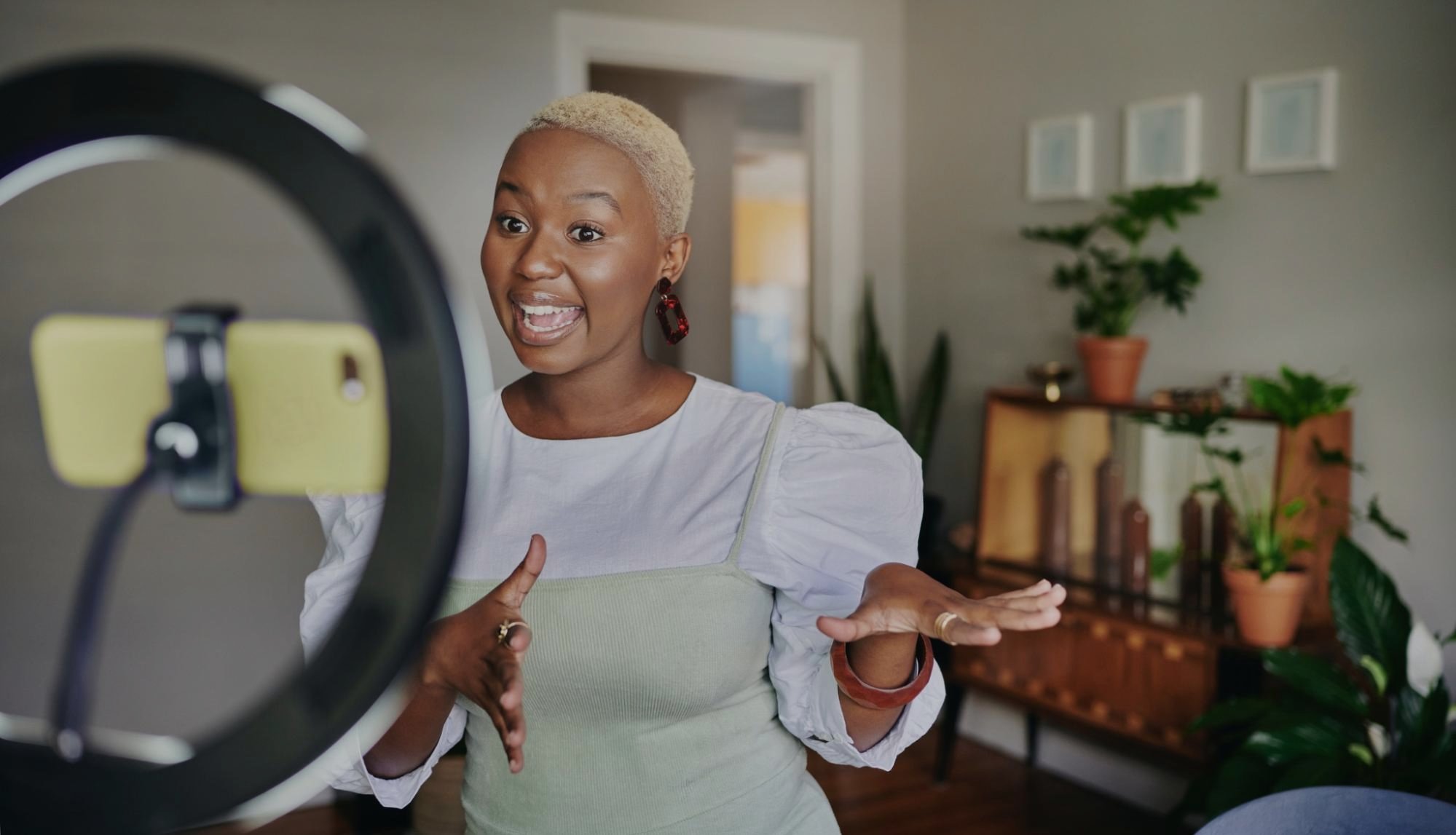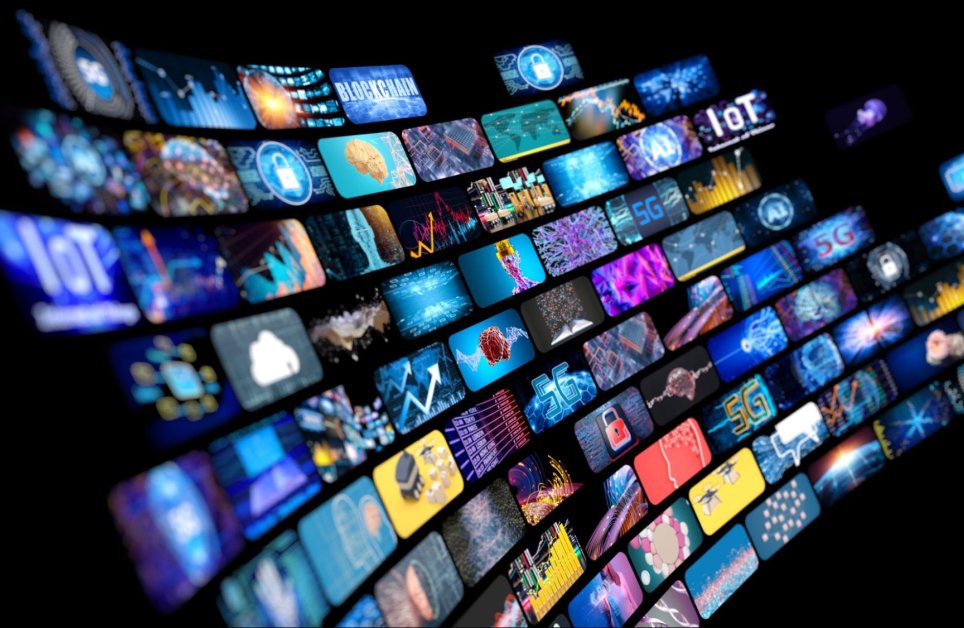
The Emergence of "De-Influencers"
Influencers: a double-digit growth market
In the past few years, the use of "social media influencers" has exploded as a marketing strategy. According to eMarketer, influencer marketing spend in the US is forecast to top $6 billion in 2023, a 23% annual increase and the first time it's expected to cross the $6 billion mark. In Europe, 2023 influencer spend is projected to be $4.2 billion, a 17% year-over-year increase. And according to GWI, over 35% of consumers age 16+ in Latin America follow influencers on social media.
Brands have flocked to millennials and celebrities with large followings on sites like Instagram, TikTok, and YouTube, believing that with just one post or endorsement, they can drive massive amounts of traffic and sales. However, a new type of influencer, the de-influencer, is quickly gaining traction, and it seems like the pendulum is swinging in the other direction. If this trend continues, it could lead to an entirely new landscape for social media marketing.
Enter the de-influencers
So, what exactly is a de-influencer? The term refers to individuals who intentionally or unintentionally undermine the credibility and effectiveness of traditional influencers.
-
They may be critical of specific influencer marketing tactics, call out the inauthenticity of some sponsored content, or expose negative practices within the influencer community.
-
De-influencers expose the advertising industry's reliance on superficial relationships between brands and influencers, which can lead to consumers feeling manipulated or misled.
-
Companies that partner with highly-paid, high-profile influencers risk alienating their target demographic if the influencer fails to authentically represent the product or maintain a responsible public image.
One noteworthy example of a de-influencer is YouTuber and beauty vlogger Samantha Ravndahl. Unlike other beauty gurus, Ravndahl decided to stop accepting PR packages from brands, instead buying products herself to maintain an unbiased opinion. She garnered significant attention for her decision and has inspired other beauty influencers to follow suit, bringing more authentic content to their followers. This highlights the power de-influencers have to shape the future of social media marketing by placing authenticity and credibility above all else.
How should this change social marketing strategy?
The rise of de-influencers will impact social media marketing in a few ways:
-
Companies should consider reassessing their influencer partnerships, vetting them for authenticity and organic engagement, and perhaps even transitioning to more community-based, long-term relationships.
-
When partnering with influencers, brands should not only focus on reaching as many followers as possible but also on establishing deep connections with their audiences. By doing so, they can harness the power of word-of-mouth marketing through authentic and trustworthy content.
2Creative has a history of partnering with influencers who are genuine fans of our clients' brands and IP, so the shift being made by many other agencies validates our approach. Via careful social listening tactics, we consistently identify and collaborate with content creators who love and advocate for a brand's products or values long before the partnership begins.
As influencers - and de-influencers - continue to shape social media endorsements, brands need to strike a balance in their marketing approach that combines the power of influence with the substance and sincerity demanded by today's discerning consumers. Want to know more about how we achieve that balance for our clients? Get in touch.


